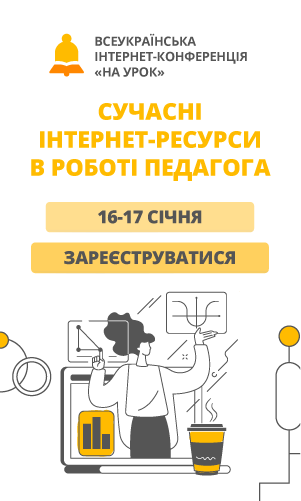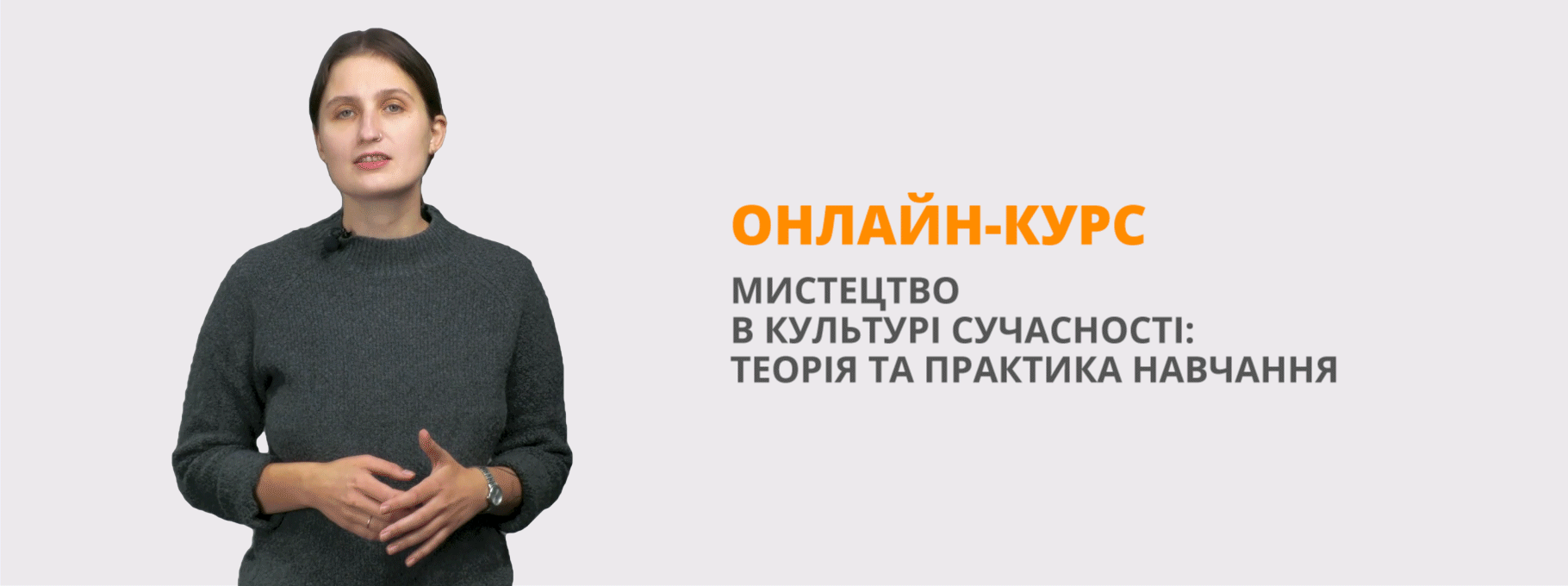Розробка уроку на тему «Easter»
Easter
Easter is the feast of Christ's resurrection, which in its observance combines both pagan and Christian elements.
The last Sunday before Easter (Palm Sunday) is called Willow Sunday (Verbna nedilia). On this day pussy-willow branches are blessed in the church. The people tap one another with these ranches, repeating the wish: "Be as tall as the willow, as healthy as the water and as rich as the earth". They also use the branches to drive the cattle to Pasture for the first time, and then the ther or eldest son thrusts his branch into the earth for luck.
The week before Easter, the Great Week (Holy Week), is called the White or Pure Week. During this time an effort is made to finish all field work before Thursday, since from Thursday on work is forbidden. On the evening of "Pure" (also called "Great" or "Passion") Thursday, the passion service is performed, after which the people return home with lighted candles. Great Thursday, called "the Easter of the dead" in eastern Ukraine, is connected with the cult of the dead, who are believed to meet in the church on that night for the Divine Mass.
On Passion (Strasna) Friday – Good Friday – no work is done. In some localities, the Holy Shroud (plashchanytata) is carried solemnly three times around the church and, after appropriate services, laid out for public veneration.
Easter is the principal spring festival, its rites are closely related to agriculture, to the remembrance of the dead, and to the marriage season; during their performance, praise is given, ritual songs ore sung, and there is much well-wishing.
Easter is a feast of joy and gladness that unites the entire community in common celebration. For three days the community celebrates to the sound of bells and to the singing of spring songs – vesnianky. Easter begins with the Easter matins and high mass, during which the pasky (traditional Easter breads) and pysanky and krashanky (decorated or colored Easter eggs) are blessed in church. Butter, lard, cheese, roost suckling pigs, sausage, smoked meat, and little napkings containing poppy seeds, millet, salt, pepper, and horseradish are also blessed. After the matins all the people in the congregation exchange Easter greetings, give each other krashanky, and then hurry home with their baskets of blessed food (sviachene).
In Western Ukraine at Easter the girls perform special choral dances on the church grounds. These are the haivky or hahilky, which have retained a number of motifs that are older than those of the ordinary spring songs (vesnianky).
The krashanky and pysanky are an old pre-Christian element and have an important role in the Easter rites. They are given as gifts or exchanged as a sign of affection, and their shells are put in water for the rakhmany (peaceful souls); finally, they are placed on the graves of the dead or buried in graves and the next day are taken out and given to the poor. Related to the exchange of krashanky is the rite of sprinkling with water, which is still carried on in Western Ukraine on the second day of Easter (Wet Monday, Oblyvanyi ponedilok); it is practiced by young people, the boys usually splashing the girls with water.
During the Easter season in Ukraine the cult of the dead is observed. The dead are remembered on Maundy Thursday and also during the whole week after Easter. For the commemoration of the dead (provody) the people gather in the cemetery by the church, bringing with them a dish containing some food and liquor or wine, which they consume, having the rest at the graves.
Великдень
Великдень – свято воскресіння Христа, яке у святкуванні поєднує як язичницькі, так і християнські елементи.
Остання неділя перед Великоднем називається Вербна неділя. У цей день гілки верби освячуються в церкві. Люди б'ють один одного цими гілками, повторюючи побажання: "Будь високий, як верба, здоровий, як вода, і багатий, як земля". Вони також використовують гілки, щоб управляти рогатою худобою, щоб пасти вперше, а потім батько або старший син встромляє в землю свої гілки на щастя.
Тиждень перед Великоднем, Великий тиждень (Священний тиждень) названий Білим або Чистим Тижнем Протягом цього часу робляться зусилля закінчити всю роботу в полі Перед четвергом, з четверга робота заборонена. Увечері "Чистого" (також на¬зивають "Великий" або "Страсний") четверга, виконується страсна служба після якої люди повертаються додому з освітленими свічками. Великий Четвер, під назвою "Великдень небіжчика" в Східній Україні, пов'язаний із згадуванням мертвих, які, як вважається, зустрічаються в церкві цієї ночі для Божественної Меси.
У Страсну п'ятницю не можна працювати. У деяких місцевостях, священний саван (плащаниця) урочисто тричі обносять навколо церкви і, після відповідної служби, виставляють для суспільного вшанування.
Великдень – головне весняне свято, його обряди тісно пов'язані з сільським господарством, з пам'яттю про померлих і шлюбним сезоном; протягом нього віддається шана, співаються ритуальні пісні і всі бажають щастя один одному.
Великдень – свято радості і щастя, яке об'єднує усе суспільство в загальному святкуванні. Протягом трьох днів суспільство святкує під звуки дзвонів і співом весняних пісень – веснянок. Великдень починається з заутрені і високої меси, протягом якої в церкві благословляються паски (традиційний хліб), писанки і крашанки (прикрашені або кольорові Великодні яйця). Масло, сало, сир поросята, ковбаси, копчене м'ясо і маленькі пиріжки з маком, просо, сіль, перець і хрін також благословляють. Після заутрені всі люди об мінюються Великодніми вітаннями, дають один одному крашанки, а потім поспішають додому з їх корзинами зі свяченою їжею.
У Західній Україні на Великдень дівчатка виконують спеціальні хорові танці в церкві. Це – гаївки або гагілки, які зберегли ряд мотивів, які старші, ніж звичайні весняні пісні (веснянки).
Крашанки і писанки є старим християнським елементом і грають важливу роль в Великодніх обрядах. Вони даються як подарунки в обмін або як знак прихильності, і їх шкаралупа поміщається у воду для рахманів (мирних духів); також вони розміщуються на могилах мертвих або ховаються в могилах і наступного дня вириваються і роздаються бідноті. Обряд оббризкування водою пов'язаний з обміном крашанок, що досі роблять в Західній Україні на другий день Великодня (Мокрий понеділок, Обливаний понеділок); це практикує молодь, хлопчики зазвичай, плескають дівчаток водою.
Протягом Великоднього періоду в Україні згадують мертвих. Мертва людина поминається в страсний четвер, а також протягом цілого тижня після Великодня. Для поминання мерця (проводів) люди збираються на кладовищі перед церквою, приносячи з собою страви і напої або вино, потім вони з'їдають їх, залишаючи решту на могилах.


про публікацію авторської розробки
Додати розробку
